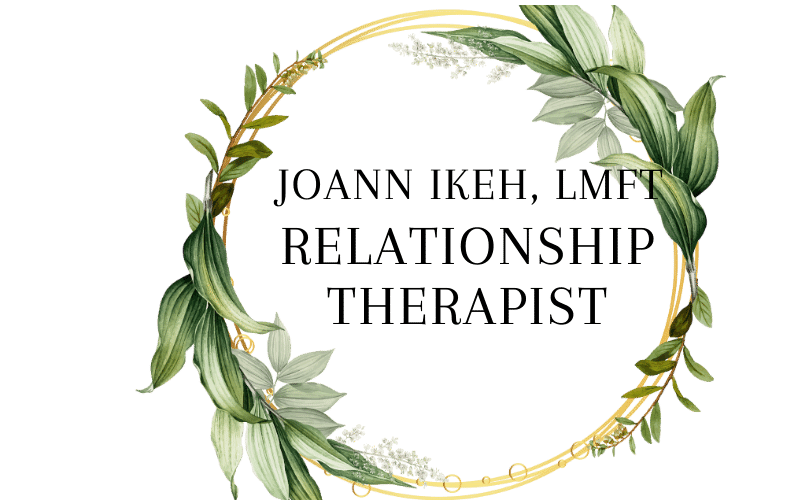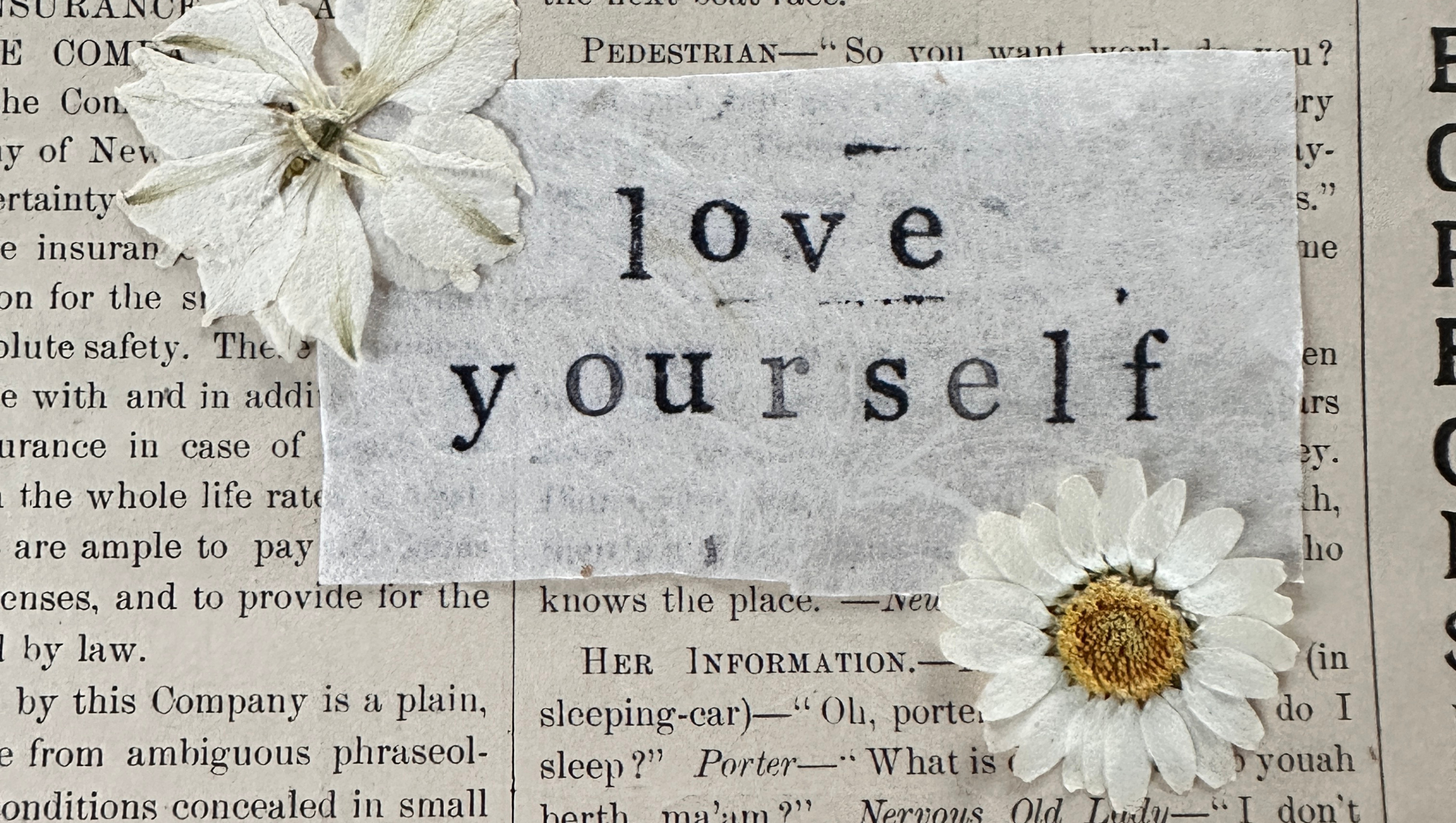Why Self-Love Is the Foundation for Healthy Relationships
When we think about building healthy relationships—whether romantic, platonic, or familial—most of us focus on communication skills, compatibility, or shared goals. While these are all important, there’s one often-overlooked element that truly sets the stage for thriving connections: self-love.
Without a solid foundation of self-love, we may find ourselves stuck in patterns of people-pleasing, emotional dependency, or constantly seeking validation from others. But when we value ourselves, we create relationships that are rooted in mutual respect, authenticity, and emotional safety.
In this post, we’ll explore why self-love is essential for healthy relationships and how you can start cultivating it today.
What Is Self-Love?
Self-love is more than just self-care Sundays and positive affirmations—though those can be part of it. It’s a deep, ongoing relationship with yourself that involves:
Setting boundaries
Honoring your needs and values
Speaking kindly to yourself
Trusting your instincts
Embracing your flaws and strengths
In other words, self-love is the way you treat yourself when no one else is watching.
Why Self-Love Impacts Every Relationship You Have
1. You Set the Standard for How Others Treat You
When you practice self-respect and maintain clear boundaries, you naturally attract people who are willing to meet those standards. Self-love teaches others how to love you by demonstrating how you love yourself.
2. You’re Less Likely to Lose Yourself in a Relationship
In unhealthy dynamics, it’s easy to become overly dependent on a partner for your sense of worth. But when your confidence comes from within, you stay grounded in your identity—even as you grow with someone else.
3. You Communicate More Clearly and Authentically
People with high self-worth are more likely to express their needs, say no without guilt, and handle conflict with emotional maturity. That kind of communication builds trust and emotional intimacy.
4. You Avoid Codependency and Toxic Dynamics
Self-love helps you identify red flags and walk away from relationships that compromise your well-being. You won’t settle for less than you deserve because you already know your worth.
How to Cultivate Self-Love (Even If It Feels Hard)
Start with self-compassion. Notice your inner critic and begin to replace harsh thoughts with gentle, understanding ones.
Honor your needs. Whether it's alone time, emotional support, or rest, give yourself permission to meet your needs without guilt.
Set boundaries. Protect your peace by saying no when necessary and prioritizing your mental health.
Seek support. Therapy can be a powerful tool for learning how to love and value yourself more deeply.
Self-Love Is Not Selfish—It's Essential
Too often, people feel guilty for putting themselves first. But healthy relationships aren't built on self-sacrifice—they're built on mutual care, and that starts with how you care for yourself. When you love yourself well, you give others the best version of you.
Ready to Build Better Relationships? Start With Yourself.
If you're struggling with relationship patterns or self-worth, you're not alone—and you don’t have to figure it out on your own. Therapy offers a safe space to reconnect with yourself and build the foundation for healthier, more fulfilling relationships.
💬 Let’s talk. Schedule your free 15-minute consultation or visit onlinecouplecounseling.com to learn more about individual and relationship therapy with Joann Ikeh, LMFT.



